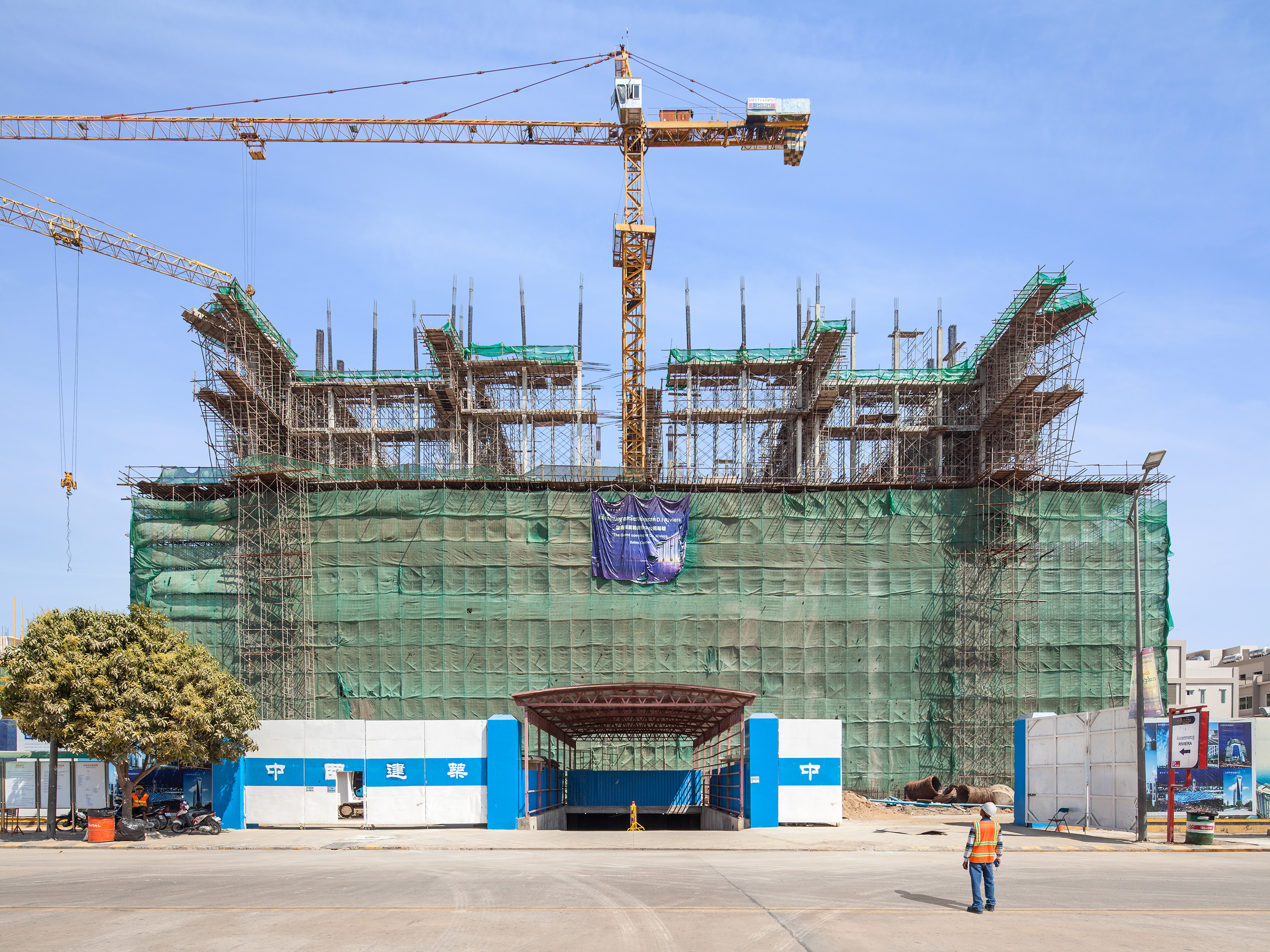How China’s Chequebook Diplomacy is Reshaping Urbanisation in Cambodia
Since the early 2010s, Cambodian Prime Minister Hun Sen has led a proactive partnership strategy with China, strengthened under Xi Jinping’s presidency. Between 2013 and 2017, USD5.3 billion were invested in the south Asian country, and China was the major provider. These investments have not been free of consequences for Cambodian urban areas.
Sihanoukville, located on the south-west Cambodian coast, is the most prominent example of how Chinese investments have affected a city’s astonishing evolution. Firstly, Sihanoukville lies at the heart of China’s Foreign Direct Investment (FDI) in Cambodia for one main reason: it is the only deep-water port in the region. Therefore, the city is a vital hub for the trade route that Xi Jinping seeks to establish under the name Belt and Road Initiative (BRI). Taking advantage of this tax-free special economic zone, Chinese companies have invested in power plants, offshore oil operations and a new harbour to enlarge traffic capacities.
This exponential increase of Chinese FDI since 2012 has transformed a sleepy port city into a teeming area that is now facing side effects. Firstly, attracted by the Chinese presence and picturesque surroundings, crowds of Chinese tourists are overwhelming the city; their numbers reached 1.2 million in 2017. To profit from holidaymakers eager to spend their money, Chinese investors directed the touristic sector towards the casino industry. In less than two years, more than one hundred casinos were established in Sihanoukville. But this burgeoning industry has had an undesired effect, developing Chinese mafias are prospering on casinos, prostitution, human trafficking and occasionally kidnaping.
Sihanoukville’s transformation under Chinese influence is inducing a rising resentment among local inhabitants who are suffering the consequences of this lightning-fast urbanisation.
The booming real estate market is widening inequalities between owners and renters. Accommodation is becoming less affordable for local tenants, who fear being forced to move out. They also dread forced eviction: Cambodian companies have been illegally trying to grab urban land, forcing inhabitants to leave, to sell the land to Chinese investors. Although the enthusiastic prime minister has asserted that these types of investment benefit the city’s economy, the reality is that only a minority gain from the situation.
Moreover, the Chinese microcosm is directly threatening the local economy and employment. On construction sites, companies employ Chinese workers, who are considered more docile and productive than the local workforce. But the tourism industry also favours Chinese nationals: tourists want to eat in Chinese restaurants with imported food, sleep in Chinese hostels, hire Chinese tour operators and play in casinos staffed by Chinese.
The Cambodian inhabitants deplore the growing insecurity resulting from Chinese gang warfare and corruption. The Chinese criminality has become a major issue for the communal police. In a recent video, a gang, supposedly from Chongqing, threatened to seize control of the city of Preah Sihanouk, the capital of Sihanoukville province. Aware of this situation, the Chinese embassy in Cambodia expressed its willingness to coordinate its investigations with the Cambodian police.
Cover photo: Bassac River and Rose Garden Condominium, from the series The Grand Opening of Phnom Penh, photo Courtesy Alban Lécuyer
-
2019/06/18

-
Sihanoukville

-
Modu Team


the other map
Explore arrow
arrow
loading map - please wait...




